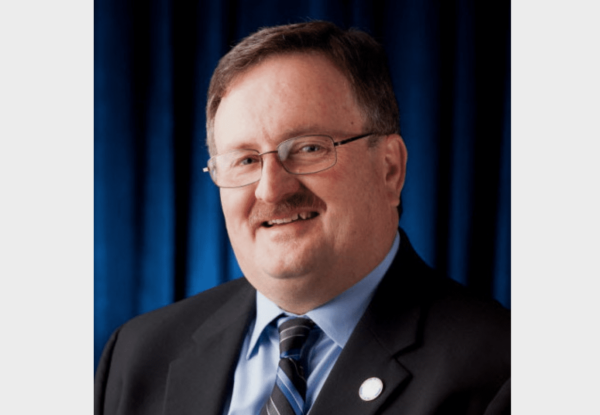Three months after presenting additional arguments in their legal action against California Insurance Commissioner Ricardo Lara and the Department of Insurance, Consumer Watchdog has won a partial court victory in its effort to obtain records related to an alleged pay-to-play situation involving insurers with business pending before the state agency.
On Monday, Los Angeles Superior Court Judge Mitchell Beckloff issued a 16-page ruling granting Consumer Watchdog’s petition in part. He ordered Lara’s office to produce one specific set of unredacted information to the organization while also providing a particular selection of emails to the court within 20 days for in-chambers review.
“In all other respects, the petition is denied,” according to the judge, who also found that the scope of the Insurance Commissioner’s search for the records sought by Consumer Watchdog complied with the California Public Records Act and was “reasonably calculated to locate responsive documents.”
Beckloff took the case under submission on Oct. 21 after hearing arguments that day as well as on Sept. 2.
Consumer Watchdog’s petition was brought in February 2020 under the CPRA, seeking records of communications and meetings with “any individuals employed by or representing” the companies involved in the alleged pay-to-play. The group alleges the department failed to search for the records.
In their court papers, lawyers for the Attorney General’s Office stated that the Insurance Department “relied on the names of the individuals and insurance companies provided by (Consumer Watchdog) in its CPRA requests at issue in this proceeding and conducted an adequate search to locate and produce responsive records.”
Lara initially pledged not to accept insurance company contributions, but in early 2019 people linked to workers’ compensation insurer Applied Underwriters and another company, IHC, contributed $53,400 to Lara’s 2022 reelection fund, according to Consumer Watchdog’s court papers.
Some of the contributions were made in the name of relatives of insurance company executives, allegedly to hide their true source in violation of campaign finance and money laundering laws, according to the organization’s court papers.
Consumer Watchdog filed two CPRA requests with the department, seeking communications and meeting records involving individuals “employed by or representing” the insurance companies involved in the alleged impropriety.
Some records were turned over, but others were not and no adequate explanation was given by the department for withholding them, resulting in the filing of the petition asking that the department be ordered to “search for and produce all responsive records,” according to the Consumer Watchdog court papers.







